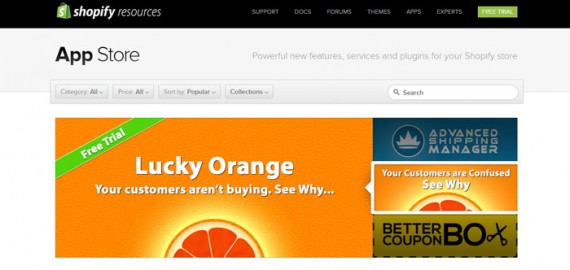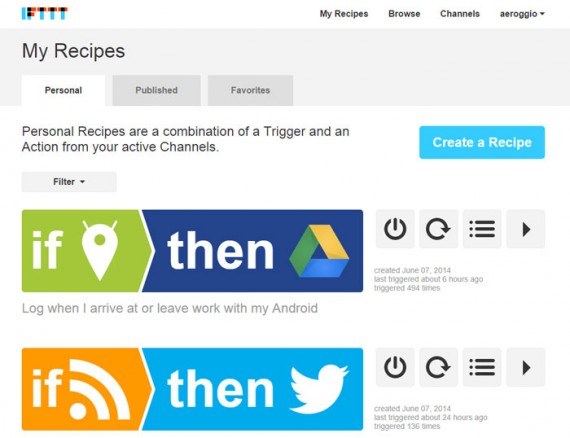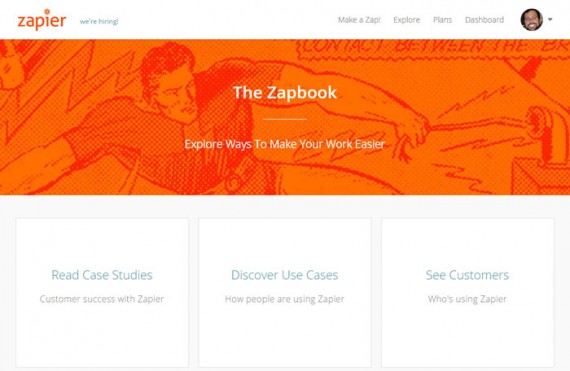Close integration between an ecommerce platform and essential business solutions like email marketing tools, accounting software, and social networks can help ecommerce business owners and marketers find success.
There has been a longstanding debate in the software industry regarding whether it is better to have an integrated system that includes all of the features needed to operate a business or, instead, seek out best-of-breed software solutions and connect them. For many, the ultimate outcome of this debate depends on a particular business’s situation.
Many ecommerce businesses start with something close to a fully integrated system, thanks to very good ecommerce platforms with a nearly complete set of capabilities. But often as an ecommerce business grows, built-in features prove to be too rudimentary, and it begins to make sense to seek out other, more task specific solutions and integrate them.
Essentially, there are three ways to integrate a given ecommerce platform with best-of-breed software solutions: (a) add-ons and extensions, (b) task-specific solutions that integrate with third-party platform or tools, and (c) multipurpose connectors.
Ecommerce Add-ons and Extensions
Today’s best ecommerce platforms offer relatively easy ways to extend the platform and integrate best-of-breed software solutions.
These extensible ecommerce platforms generally allow developers to access core functions either directly with a script in some way integrated with the source code or via an application programming interface (API).
While writing extensions for Magento or WooCommerce may seem relatively easy for web developers, it requires skills and experience beyond what some small and mid-sized ecommerce businesses possess. Fortunately, developers often create integrations for these platforms and sell them (or give them away in some cases) in platform-specific marketplaces.
To take advantage of these add-ons and extensions, ecommerce business owners and managers simply need to visit the appropriate marketplace and learn if an extension already exists. In some cases, installing the extension will be an automated process, meaning that integration will require little technical expertise.
Here is a list of several ecommerce platform-specific marketplaces, in no particular order.
- Magento Connect
- WooCommerce Extensions
- Shopify App Store
- Volusion App Marketplace
- Bigcommerce Apps
- LemonStand Marketplace
- 3dcart App Store
- PrestaShop Add-ons
- Miva Central
Outside of these platform-specific marketplaces, there are several sites, such as CodeCanyon, that also sell ecommerce extensions.
Task Specialists that Aid Integration
Sometimes task-specific applications can also aid ecommerce businesses with software integration.
As an example, ChannelAdvisor is a popular solution for connecting to and selling on marketplaces like Amazon, eBay, Rakuten, Newegg, and Sears. The service adds many features to help businesses sell more, and it has existing integrations with many ecommerce platforms, including Shopify and Bigcommerce, as examples.
Similarly, for some use cases, order management solutions can also act as a hub, integrating an ecommerce platform with a marketplace or similar. ShipStation, for example, is integrated with both WooCommerce and Amazon so that orders placed on either platform can be managed in a single interface.
In the ShipStation example, the order management solution becomes the center of all order processing, which may mean a change in workflow, but it effectively ties all three systems together.
Multipurpose Connectors
There are applications that specialize in connecting other applications and automating the flow of information from one system to another. In some cases, these connector applications can be somewhat specialized, but others are quite broad.
For an example of a specific connector application, consider Dlvr.it, which can, among other things, automatically post articles from your blog to social media sites like Google+ pages, Facebook, or Twitter.
If This Then That (IFTTT) is a free service that can create relatively complex and automated connections between select applications and devices. Connections are created using a simple interface. Users can share connection recipes so that other users benefit too.
For ecommerce businesses, IFTTT may be the most help to programmatically connect social media platforms like Instagram and Facebook or creating notification systems, like having IFTTT notify you when select orders arrive.
Paid application connector Zapier ties together many services that ecommerce businesses will want to integrate. For example, why not connect an ecommerce platform with Twilio to send a text message when a new order arrives? Zapier could also have all orders logged in a Google spreadsheet.
Some of the popular services available via Zapier include the following.
- Magento
- WooCommerce
- Shopify
- Bigcommerce
- Foxycart
- Etsy
- ECWID
- Infusionsoft
- E-Junkie
- Authorize.Net
- Shipwire
- Gmail
- MailChimp
- Mandrill
- Constant Contact
- GetResponse
- Mad Mimi
- Emma
- Silverpop
- QuickBooks
- FreshBooks
In all, there are hundreds of connections that an online seller could use, making Zapier a helpful connector.
Whether online merchants integrate with platform extensions with the help of other applications or via a connector application, it is possible to add best-of-breed software solutions to nearly any good ecommerce platform.







